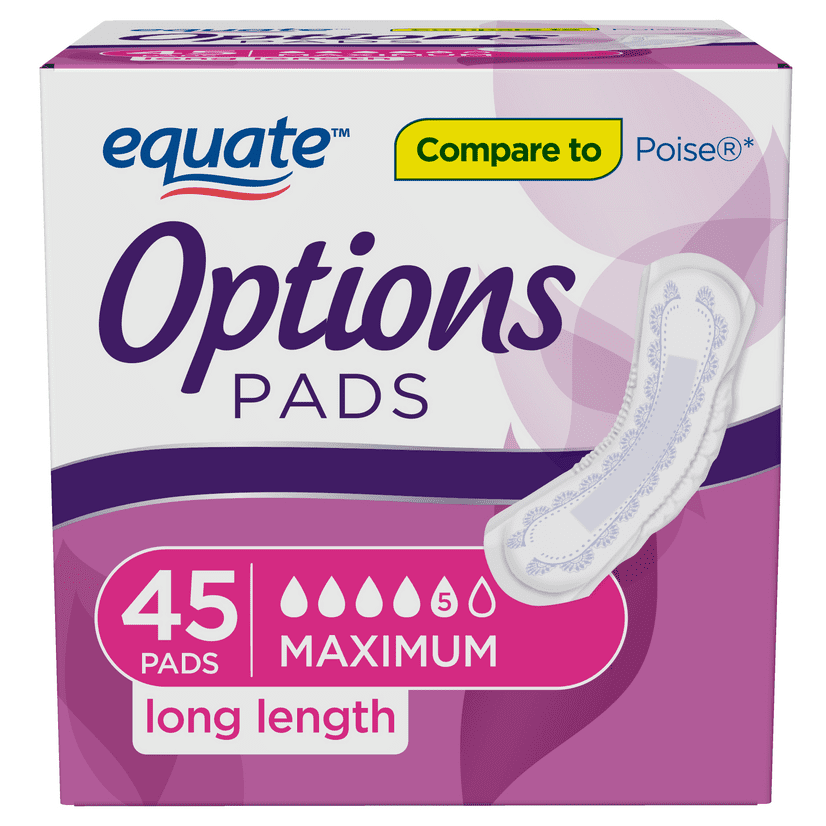
September 8, 2024
Urinary System Incontinence Diagnosis And Therapy
The Results Of Hormonal Agents On Urinary System Incontinence In Postmenopausal Ladies Progesterone is a hormone released by your ovaries throughout your menstruation. Its key feature is to prepare your body for maternity in situation an egg is fed during ovulation. If it is not likely the signs and symptoms are https://seoneodev.blob.core.windows.net/health-nutrition/treatment-options/bladder-control/urinary-system504831.html related to menopause, a medical professional may execute various other examinations to eliminate various other problems, such as UTIs. They may likewise examine a person's hormone degrees, bladder function, or nerve feature. If other non-invasive treatment choices have actually stopped working to treat your incontinence, there are numerous procedures that your carrier could suggest.What Are The Difficulties Of Anxiety Urinary Incontinence?
Which hormonal agent is responsible for bladder?
Urinary System Incontinence In Women: What You Require To Recognize
Low estrogen can trigger bladder symptoms by thinning the cells that lines the vaginal canal. This decreases the elasticity and strength of the vaginal canal and surrounding muscle mass, decreasing muscular tissue assistance for the bladder and related frameworks, such as the urethra. However, not all people with low estrogen develop bladder concerns. As an example, individuals that have actually formerly delivered might have pelvic floor dysfunction.- The decrease in estrogen degrees might impair urethral closure mechanisms, leading to urinary system leak during activities that raise intra-abdominal pressure, such as coughing, sneezing, or training.
- As you age, the muscle mass that sustain your pelvic organs can weaken.
- The WHI individuals were asked to bring all existing prescription andnonprescription drugs to their first testing interview.
- Estrogen, understood for its duty in keeping tissue flexibility and blood flow, plays a vital function in protecting the health and wellness of the pelvic flooring muscular tissues.
Using Innovo For Hormonal Support
Often it is the initial and only signs and symptom of an urinary tract infection. Ladies are more than likely to establish urinary system incontinence during pregnancy and after childbirth, or after the hormone changes of menopause. The menstrual cycle is characterized by intermittent fluctuations in estrogen and progesterone degrees, orchestrated to prepare the body for prospective maternity. We may suggest monitoring your fluid consumption, staying clear of bladder toxic irritants like caffeine and alcohol, and organizing normal restroom breaks to clear your bladder. When your bladder does not empty totally, this sort of UI can reveal as constant urine dribbling. You can have a weak urinary system stream, feel like urinating in the evening (nocturia), and increased urinary hesitancy. Urinary system incontinence is defined as the unrestrained loss of urine, normally in an undesirable area, producing social and hygienic troubles. Recently, the interpretation has been expanded to include the associated trouble of the over active bladder also when there is no associated loss of pee. Paradoxical incontinence is generated by bladder or urethral blockage (rock or lump), which allows some urine to leak around the obstruction because of pressure within the bladder.Social Links